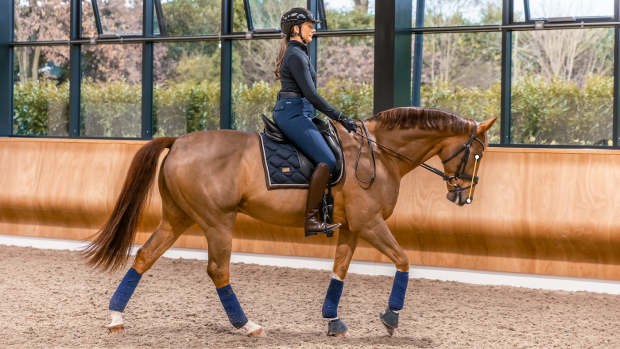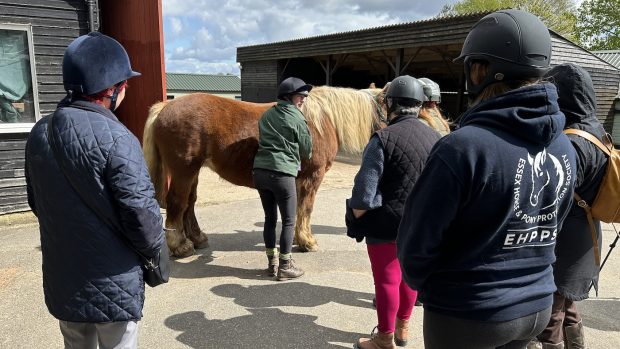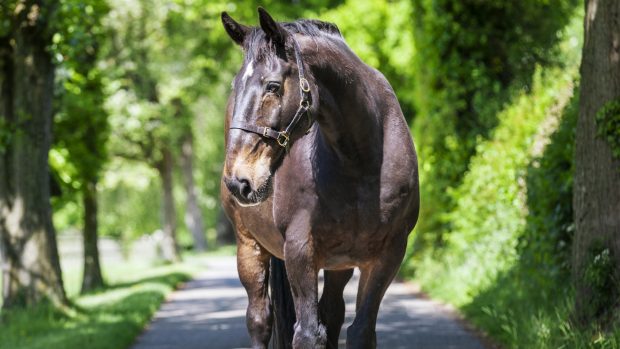The Licensing Act 2003 will hit the bottom line of many equestrian businesses, according to the British Equestrian Federation.
The new Act replaces separate licenses to sell alcohol, provide entertainment or provide late-night refreshment with a single integrated premises licence — and in the process it significantly increases licensing fees. This means that equestrian centres which currently have a license to sell alcohol face substantially higher costs than in the past.
The new fee regulation was laid before Parliament on 20 January 2005 and caused an outcry in the drink industry, because it is much steeper than what the government had originally proposed at the end of last year. The new rates vary from £100 to £635 for licence applications and £70 to £350 for annual licensing charges. The higher fees will go towards helping local authorities fund the £110m cost of policing the Licensing Act, which allows round-the-clock sales of alcohol.
In the new plan, fees are linked to each establishment’s rateable value — a figure which partly reflects the location and turnover of each business. The DCMS also acknowledged that some premises, such as pubs in city and town centres, will generate higher enforcement costs than others, so it has introduced a fee multiplier for these particular categories.
But, inevitably, the new fees have a higher impact on businesses where alcohol represents a minor proportion of the overall revenues, such as equestrian centres that run bars. These establishments may end up subsidising the cost of enforcing an Act that chiefly benefits companies, such as pubs, whose primary business is to sell alcoholic drinks.
BEF Chairman Andrew Finding worries that “the cost to our sports at grass root level will exceed £100,000 per annum and put at risk the viability of many equestrian centres, where they rely on catering and bar sales to underpin their sporting and recreational activity.”
He is fighting for an exemption from the higher licensing fees. “We understand that agricultural shows, where horses represent a significant component, are likely to be unaffected. We will push for the same exclusions for all equestrian venues.”
Finding was also concerned that the new Act may land equestrian shows with huge licensing bills, but the DCMS have clarified that outdoor sporting events such as Badminton and Burghley will not be affected.
“The Licensing Act only covers alcohol and entertainment — it doesn’t cover outdoor sporting events,” explains a DCMS spokeswoman. “Obviously, the bar area [at equestrian shows] would have to be licensed, but the whole event wouldn’t. The only difference could be Olympia, because it is indoor, but I imagine organisers would be working closely with the licensing authority on that one.”
However, “clubs which run bars would have to pay alcohol licenses which are a bit more expensive than before. As it is done on the rateable value, a club would probably fall into the lowest band, if they don’t rate their premises out,” says the DCMS spokeswoman. “A club would probably pay £250. It is a bigger figure than they have to pay at the moment but not as high as people are assuming.”
DEFRA has looked at the Act’s impact on rural businesses and believes that the license costs will be manageable for equestrian venues. “We understand that the annual fee is not due until 12 months after the license is granted. This means that the most that a club would pay in any given three year period would be £240 [a year] if they are in band A and £550 if they are in band B. Even if a club only opened its bar once a week, it would only have to generate between £1.50 and £3.50 per night to cover this cost,” says a spokeswoman. And, she adds, “this is not an issue which the industry has raised with DEFRA as a concern.”
However, Finding begs to differ. He explains that “the issue has not been raised with DEFRA since this is a matter concerning the Deparment for Culture, Media and Sport. In this context, we have written to the Minister of Sport, Richard Caborn.”
The letter, which was copied to the Official for the Horse at DEFRA, asked for “the policy proposal to be reviewed.” The DCMS, however, finalised their decision on fees two weeks ago, so it looks like equestrian businesses will have little choice but pay up. The new regime comes into effect in November, although establishments can start applying for the new licenses from Monday 7 February.



